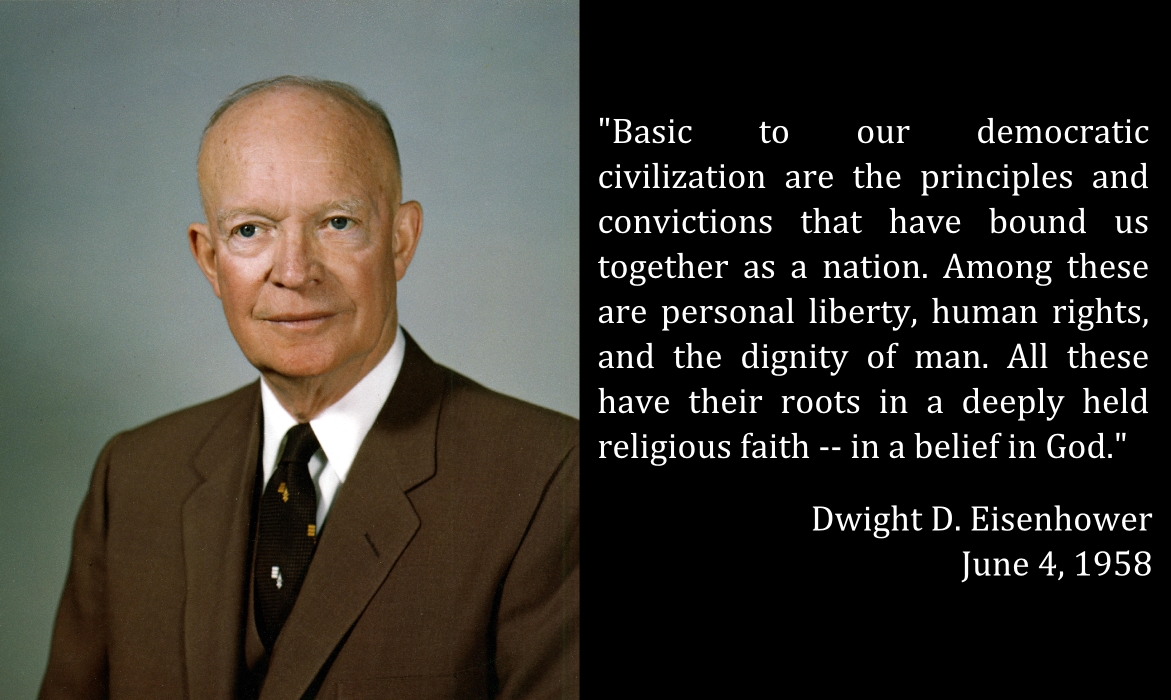SPECIAL FRONTIER FORCE WELCOMES THE WHITE HOUSE MEETING BETWEEN PRESIDENT TRUMP AND DALAI LAMA
On behalf of Special Frontier Force, I welcome The White House meeting between President Trump and Dalai Lama to reaffirm our belief in forging friendly relations between Tibet, India, and the United States.
Rudranarasimham Rebbapragada
Ann Arbor, MI 48104-4162 USA
Hopeful of an early meeting between Trump, Dalai Lama: Lobsang Sangay | Central Tibetan Administration
Monday, December 19, 2016
11:26 PM
Hopeful of an early meeting between Trump, Dalai Lama: Lobsang Sangay
December 19, 2016
Lobsang Sangay (left), the Prime Minister of Tibet's government in exile with Tibet's spiritual leader, The Dalai Lama. Photo: PTI
By Elizabeth Roche – Live Mint, 19 December 2016
Tibet's PM-in-exile Lobsang Sangay says encouraged by Donald Trump's stance on One China policy, remains hopeful of support to resolve Tibet issue peacefully
New Delhi: Lobsang Sangay, 'prime minister' of the Tibetan government in exile in India, says he is encouraged by US president elect Donald Trump's recent statement that his administration does not need to be bound by the One China policy.
Sangay is also hopeful of an early meeting between Trump and the Tibetan spiritual leader, the Dalai Lama. Sangay was of the view India should also make Tibet as issue for talks with China given that China already considers it a "core" issue with India. On the reincarnation of the Dalai Lama, Sangay said the institution of the Dalai Lama would not end but continue after the eventual passing of the 14th Dalai Lama. Edited excerpts from an interview.
The "Middle path" (autonomy for Tibet rather than independence) that the Dalai Lama and you have been advocating seems to be yielding no returns. Is there a chance of a rethink on this?
No. I think, if China grows strong and it's growing stronger, China needs to think. If they really want to be respected in the international community, you have to earn that respect. And with all the money and military power you cannot buy or force respect, you have to earn it by demonstrating an action and solving the issue of Tibet will earn that respect for them. There is an argument on the Chinese side that if you are weak and you give concession, others will take advantage. Now they are strong. If they give concessions, they will be giving concession from the space of strength.
US president-elect Donald Trump recently said the new administration does not need to be bound by the One China policy. The context was with reference to Taiwan. But does this give you hope as well?
That was a very bold commentary coming from president-elect Donald Trump. We do think that boldness with substance is the right approach with the Chinese government. It looks now that his team has done research on Taiwan, that what he said was deliberate, after substantive research. Similarly, we would appreciate if he would also do something similar for Tibetan people. US presidents George W Bush and Barrack Obama have met his Holiness the Dalai Lama four times each. We remain hopeful that Donald Trump will support the Middle Way approach and meet His Holiness and strongly encourage that the envoys of His Holiness meet with Chinese envoys to resolve this issue of Tibet peacefully.
There have been no talks between the Tibetan envoys and China for six years now. What is it that you think will give an impetus to restart dialogue?
The Trump administration, the European Union, India, Japan, Australia—all governments must have a coordinated effort to press the Chinese government to solve the issue of Tibet peacefully. It should be a coordinated effort and consistent effort.
You were invited to Prime Minister Narendra Modi's swearing in ceremony (in May 2014). That was seen as a message to China. But then, the Modi government seemed to be making efforts to build a relationship with China. Now, irritants in the relationship have surfaced—China's objections to India's Nuclear Suppliers Group (NSG) membership being one. We now see clearance for His Holiness to visit Arunachal Pradesh in 2017. Do you see a consistent policy towards Tibet from the Indian government?
Recently, President of India, Pranab Mukherjee hosted the Dalai Lama. This is a bold gesture from the government of India which we really appreciate. The Indian government is formulating its policy towards China which is showing all the right trends. India has done the most for Tibet. The largest number of Tibetans are in India. The Tibetan government in exile is based in India. I can't think of any other place where this could be based. But we always request and appeal that Tibet be treated as one of the core issues (of India with China). China already does that. India has the moral high ground to speak for Tibet.
His Holiness has said the institution of the Dalai Lama might end with him because of fears that the Chinese government will foist its own Dalai Lama onto the Tibetan people. At the same time, he has also said that the next Dalai Lama could be born outside Tibet—among the populations in exile. How do you see the future?
The institution of the Dalai Lama will not end. He is the 14th Dalai Lama. For 14 times the Tibetan people have asked him to come back and we will ask him again for the 15th time. When Tibetans asked him to come for 14 times, we had an independent country. Now when we are in exile and we are leading this freedom struggle, all the more reason that we have to ask him to come back. So he will come back.
| | 2016 Central Tibetan Administration |

Inserted from <http://tibet.net/2016/12/hopeful-of-an-early-meeting-between-trump-dalai-lama-lobsang-sangay/>









No comments:
Post a Comment